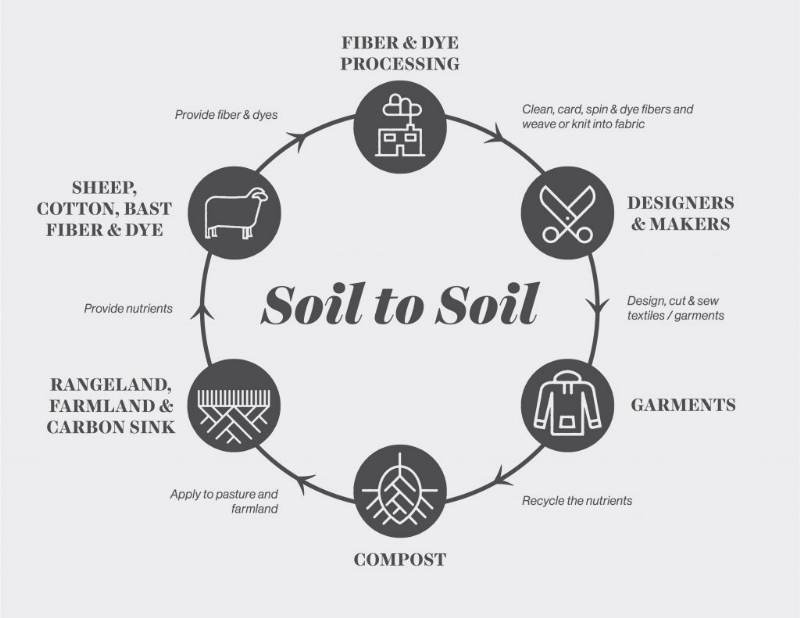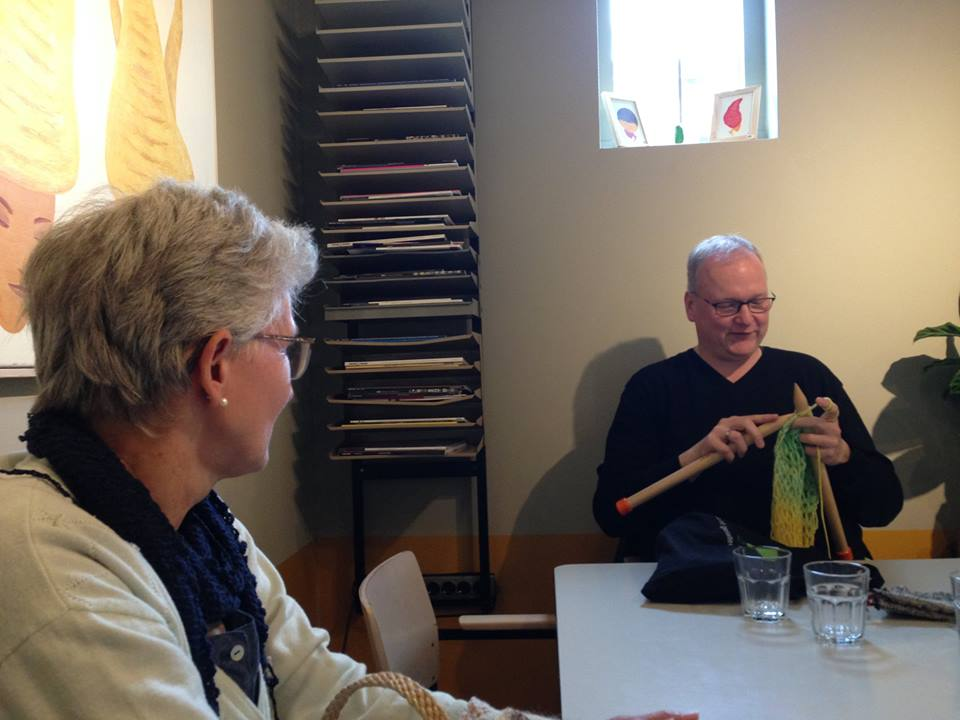
 3
3




Fibershed is a non-profit organization that provides experiential education that both generates awareness, and teaches the necessary skills within our community to build and sustain a thriving bioregional textile culture that functions hand-in-hand with principles of ecological balance, local economies, and regional organic agriculture.
"We're all just walking each other home." -Ram Dass
"Be a lamp, or a lifeboat, or a ladder."-Rumi
"It's all one song!" -Neil Young




Eight lessons in biological diversity, resource management, native wisdom, and natural dyeing.
The creation of natural color goes hand-in-hand with conservation of habitat, the creation of topsoil, and the increase of biodiversity. Through this full cycle of designing, planting, observing, harvesting, and manipulating—students become aware and are exposed to a process with a life-cycle that is regenerative vs. degenerative.
"We're all just walking each other home." -Ram Dass
"Be a lamp, or a lifeboat, or a ladder."-Rumi
"It's all one song!" -Neil Young















'Theoretically this level of creeping Orwellian dynamics should ramp up our awareness, but what happens instead is that each alert becomes less and less effective because we're incredibly stupid.' - Jerry Holkins
 1
1















Furthering Permaculture next to Lake Ontario.
www.oswego.edu/permaculture
 5
5




"Also, just as you want men to do to you, do the same way to them" (Luke 6:31)
 2
2





















"Also, just as you want men to do to you, do the same way to them" (Luke 6:31)
 2
2





And we know that such working lands, in our Fibershed and around the world, can produce incredible natural fibers, from naturally colored cotton to next-to-skin soft wool, sturdy bast fibers like hemp and flax linen, luxurious alpaca and other fine fibers, and coarse wool that makes cozy bedding and durable goods. With fibers in hand, there are still mills across the US that can serve as supply chain partners and avoid transcontinental shipping, and by blending different natural fibers we can create textiles with amazing material properties that keep us warm in the winter, cool in the summer, allow our skin to breath, and that last a long time in our wardrobe or home.













 1
1





"Also, just as you want men to do to you, do the same way to them" (Luke 6:31)
 1
1




Rebecca Burgess is an ecological restoration educator, author, and textile artist. Burgess is the founder of the Fibershed Project; a year-long challenge to live in clothes made from fibers sourced within 150 miles from her home. In this interview, Burgess explains what a fibershed is, talks about the hidden environmental costs of the textile industry, and shares with listeners some of her favorite natural fabrics.











Rebecca is the founder of Fibershed, an organization that connects carbon-farming fiber producers with local manufacturers to create clothes and textiles that are beneficial along every point of the supply chain.
"We're all just walking each other home." -Ram Dass
"Be a lamp, or a lifeboat, or a ladder."-Rumi
"It's all one song!" -Neil Young





Living in Anjou , France,
For the many not for the few
http://www.permies.com/t/80/31583/projects/Permie-Pennies-France#330873




David Livingston wrote:Alas I am getting a message saying video does not exist

"We're all just walking each other home." -Ram Dass
"Be a lamp, or a lifeboat, or a ladder."-Rumi
"It's all one song!" -Neil Young












| I agree. Here's the link: http://stoves2.com |





